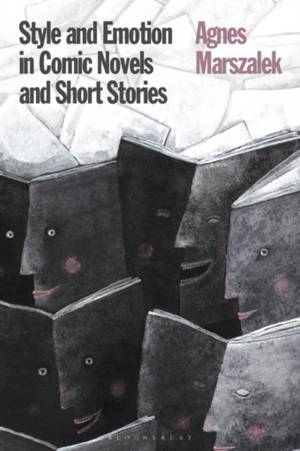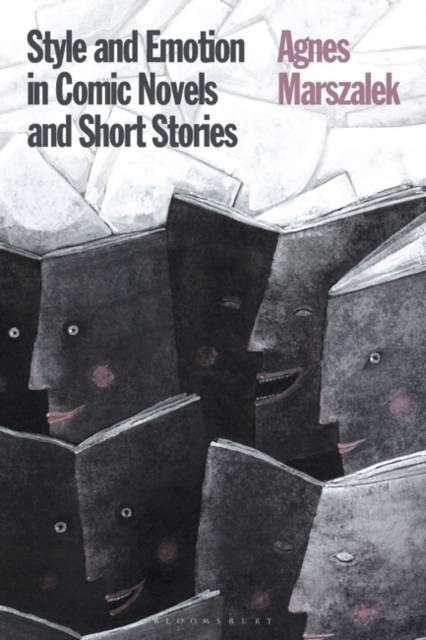
- Retrait gratuit dans votre magasin Club
- 7.000.000 titres dans notre catalogue
- Payer en toute sécurité
- Toujours un magasin près de chez vous
- Retrait gratuit dans votre magasin Club
- 7.000.0000 titres dans notre catalogue
- Payer en toute sécurité
- Toujours un magasin près de chez vous
Description
This book builds on cognitive stylistics, humour studies and psychological approaches to literature and film to explore the emotional aspects of humorous narrative comprehension. It investigates how the linguistic features of comic novels and short stories (by, for example, Douglas Adams, Joseph Heller and Nick Hornby) can shape readers' experience of comedy, considering the ways in which moods, characters and the plot is used to trigger blends of positive and negative emotion. The book offers an approach to such features of comedy as dark humour, cringe humour and comic suspense, emphasising the relationship between humorous language and mental states which are typically considered serious.
Agnes Marszalek's focus on the non-humorous side of experiencing comedy offers a key contribution to the study of humorous narratives. By investigating humour as part of a narrative world, this book moves towards addressing the complexity of the experience of humour in narrative texts, providing implications not only for the linguistics of humour, but also for those approaches to discourse comprehension which explore the affective side of engaging with texts.Spécifications
Parties prenantes
- Auteur(s) :
- Editeur:
Contenu
- Nombre de pages :
- 184
- Langue:
- Anglais
- Collection :
Caractéristiques
- EAN:
- 9781350054585
- Date de parution :
- 19-03-20
- Format:
- Livre relié
- Format numérique:
- Genaaid
- Dimensions :
- 142 mm x 218 mm
- Poids :
- 385 g

Les avis
Nous publions uniquement les avis qui respectent les conditions requises. Consultez nos conditions pour les avis.






